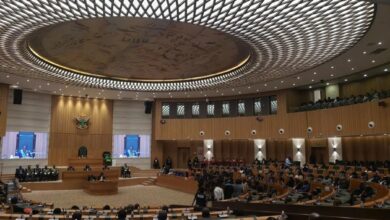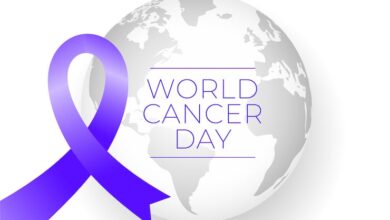Zimbabwe scrambles to fill HIV funding void after USAID withdrawal

Peter Moyo
Zimbabwe is facing a critical HIV/AIDS funding crisis following the withdrawal of financial support from the United States Agency for International Development (USAID). The sudden exit has left the country scrambling to secure alternative funding sources to prevent shortages of antiretroviral drugs (ARVs), condoms, and other essential HIV services.
During a heated recent Parliament session, legislators expressed deep concern over the impact of the USAID funding withdrawal on Zimbabwe’s HIV/AIDS response. Hwange West MP, Hon. Vusumuzi Moyo pressed the government on what steps were being taken to avoid major disruptions.
“What policy plans has the Government put in place to alleviate the impact of the sudden withdrawal of US funding in our health service delivery system, especially in the fight against the HIV pandemic?” he asked.
In response, Deputy Minister of Health and Child Care, Hon. Sleiman Kwidini, acknowledged the challenges but assured Parliament that plans were underway to cover the funding gap.
“Yes, there might indeed be an impact on the withdrawal of USAID from the World Health Organization (WHO), but the Ministry and the Government will ensure these programs continue despite the funding cut,” he stated.
However, the lack of concrete solutions sparked further concern among lawmakers. Millions of Zimbabweans rely on donor-funded HIV programs for treatment, testing, and prevention services, making it critical for the government to act fast.
Reports from across the country indicate that patients are already experiencing delays in accessing ARVs and other critical supplies. Hon. Mhetu highlighted the worsening situation in his constituency, where HIV-positive individuals are queuing for hours at clinics with no guarantee of getting medication.
“We were mocked in the constituencies, especially from my area. There are so many queues because USAID withdrew the services of their nurses. Before the condoms and ARVs finish, we want to know when those drugs are going to be distributed?” he demanded.
Experts warn that interrupted ARV treatment could lead to increased drug resistance, higher HIV transmission rates, and more AIDS-related deaths. Zimbabwe’s HIV prevalence rate stands at 11.6%, meaning any disruption in treatment could undo decades of progress in controlling the epidemic.
Zimbabwe has historically depended on international donors like USAID, PEPFAR, and the Global Fund to support HIV prevention, treatment, and care programs. These funds have ensured free ARVs, widespread HIV testing, community outreach programs, and salaries for healthcare workers.
With USAID pulling out, the Ministry of Health is struggling to find alternative funding sources. While the government has set up a task force to explore solutions, there is growing uncertainty about how quickly Zimbabwe can replace the lost funding.
Hon. Johnson Matambo of Kuwadzana West pointed out the contradiction of Zimbabwe receiving US funding while under economic sanctions and acknowledged the crucial role donor funds have played.
“I also want to take this opportunity to thank those who were giving us aid when Zimbabwe was amid sanctions. I am thankful that we were receiving aid from America despite being under sanctions,” he remarked.
However, with the USAID exit creating a major financial gap, health experts are urging the government to act fast before the situation deteriorates further. Increased domestic health financing, partnerships with alternative donors, and efficient allocation of resources will be necessary to sustain the fight against HIV/AIDS.
Zimbabwe’s Ministry of Health, international donors, and private sector stakeholders now face an urgent challenge—finding new funding sources to sustain HIV/AIDS programs and protect the millions of lives at risk.
As the HIV funding crisis unfolds, Zimbabwe must take immediate steps to ensure that patients continue receiving treatment and that HIV prevention efforts remain strong.
Without swift action, the country risks undoing years of progress, potentially leading to increased HIV transmission rates and a rise in AIDS-related deaths.
Follow us for the latest updates on Zimbabwe’s HIV/AIDS crisis and health policy developments.





